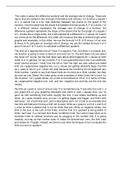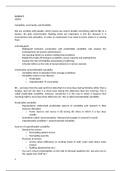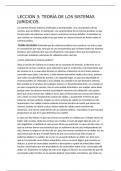Class notes
Class notes CALCULS
- Course
- Institution
The video discusses topics related to the concept of derivatives and calculus, including the difference quotient and the average rate of change. The formula for the difference quotient is explained, and the concept of limits is introduced through graphs and examples. The video covers one-sided limi...
[Show more]






